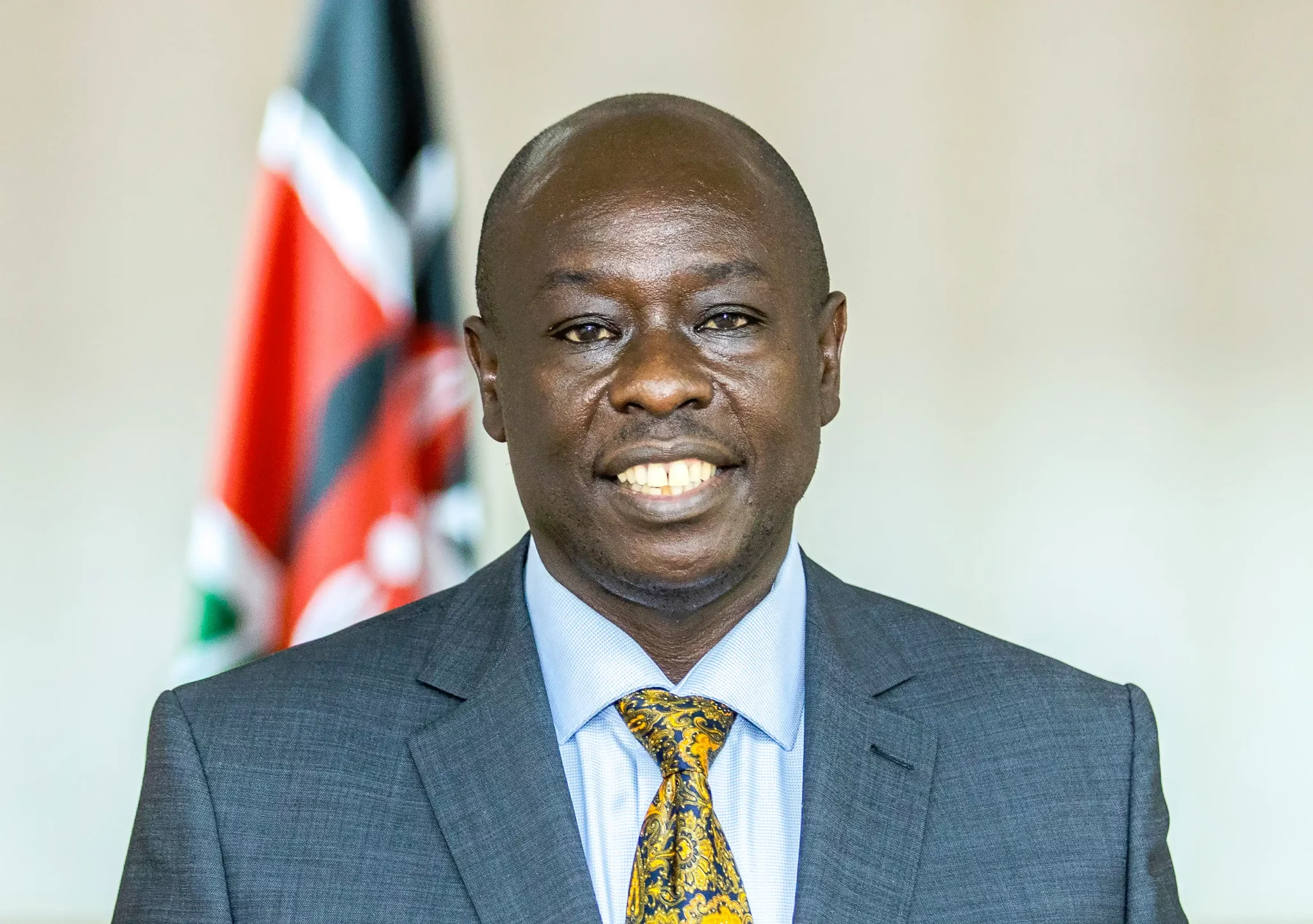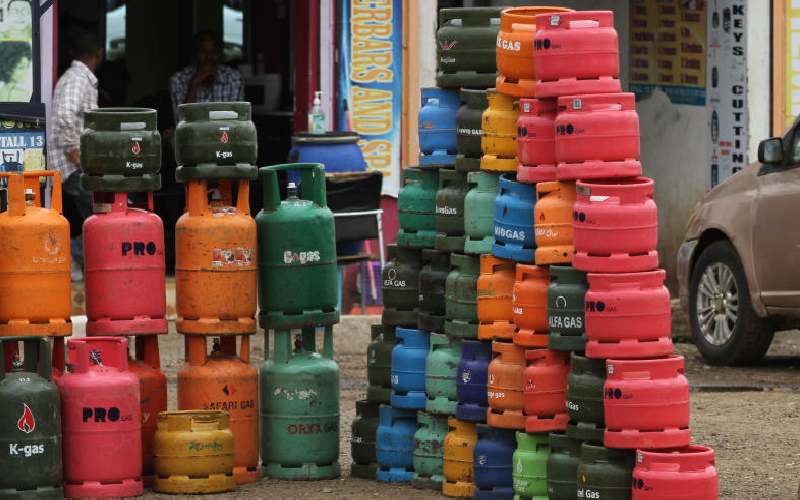What was meant to be a celebration of artistic expression turned into a dramatic spectacle of protest and defiance on Thursday, April 10, as the National Drama Festivals took an unexpected and explosive twist.
Butere Girls High School, one of Kenya’s most respected performing arts powerhouses, stunned the nation after their students took to the stage — not to perform their controversial play Echoes of War — but to sing the national anthem and walk off in protest, sparking an uproar both at the venue and online.
The girls were scheduled to perform around 8:00 AM at Melvin Jones Hall in Nakuru. But what followed was an act of silent resistance that resonated louder than any script.
Instead of delivering the highly anticipated play, the students stood in unity, sang the national anthem, and walked off stage in what has now become one of the boldest statements in the festival’s history.
Behind the dignified protest lies a troubling tale of alleged censorship, sabotage, and intimidation.
According to reports by Kenyans.co.ke, the Butere Girls’ drama team was denied basic performance essentials — including microphones, props, and even a functional public address system — all of which had been granted to other competing schools.
Even more disturbing, the girls say they were denied an audience, an essential component for any stage performance, especially at a national level. To make matters worse, they claim they were harassed by police officers and forced onto the stage without their director or necessary equipment.
“We were being harassed by police. They took us to the stage with nothing. We had no director and no equipment,” one student shared, her voice shaking with emotion.
Tensions escalated further when students began demanding the presence of their director, former UDA Secretary General Cleophas Malala, who they say was arrested the night before in connection to the controversial content of Echoes of War — a play he reportedly wrote himself.
Malala, who has recently fallen out with the ruling party, is alleged to have used the script to address sensitive political and social issues — a move that may have ruffled feathers in high places.
Videos captured from the event show students running from the stage, some in tears, chanting for justice and demanding to see Malala. Attempts by event organizers to calm them down fell flat as the girls staged a sit-in protest outside the venue, chanting:
“We want to perform, and we want our director. It is our right to perform.”
The incident has reignited national debate on the freedom of expression in schools, especially when it comes to drama and performing arts. Echoes of War, though not yet publicly staged at the national level, is reported to tackle themes of corruption, governance, and war — topics some see as politically sensitive.
While the Ministry of Education has yet to release an official statement, critics are now questioning whether the move to silence Butere Girls was an act of censorship cloaked in logistical failure.
As videos of the protest spread across social media, Kenyans are rallying behind the girls for their courage and composure.
“What happened at the drama festival is bigger than one school. It’s about the future of free thought and creative expression in our country,” tweeted one user.
Others have demanded answers from the Ministry, questioning why certain schools are allegedly being discriminated against for staging performances that challenge the status quo.
What Next?
While the National Drama Festivals are supposed to be a celebration of storytelling, talent, and creativity, this year’s edition has exposed deep cracks in how far institutions are willing to go to control the narrative.
The walkout by Butere Girls may have cost them a performance slot, but it has won them national respect, attention, and perhaps even a place in history.
As investigations continue and the country watches, one thing is clear: the real drama isn’t always on stage.
Sometimes, the bravest act is choosing not to perform at all.












































